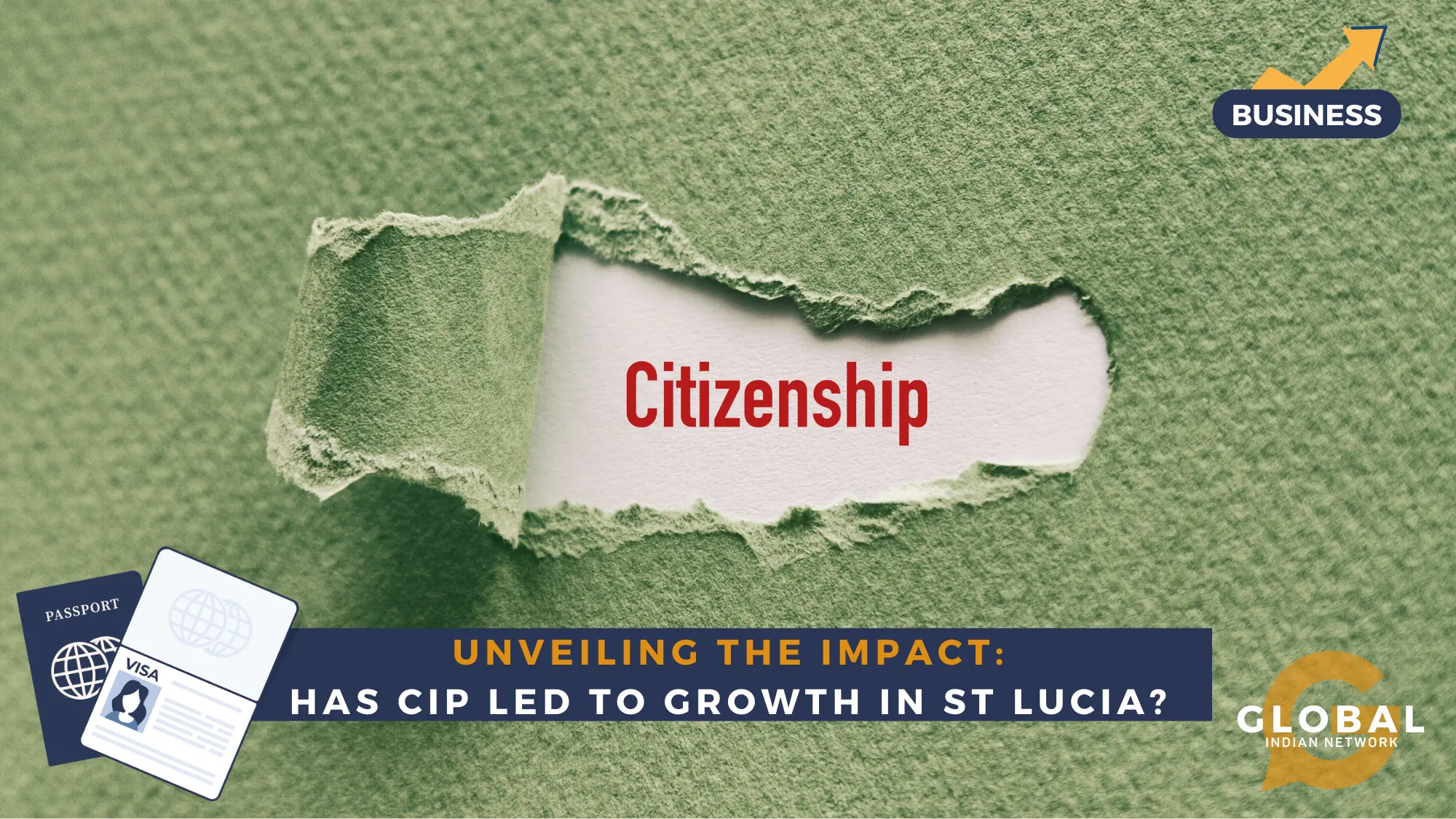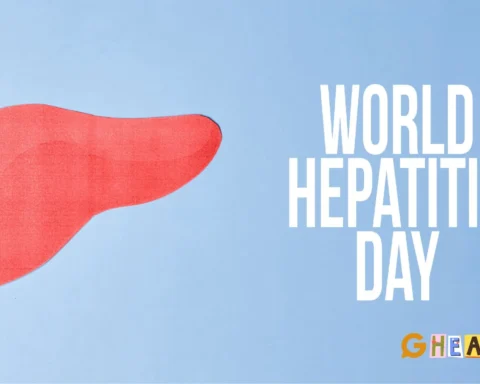The Citizenship by Investment Program (CIP) is a government-led program that allows foreign nationals to obtain citizenship in exchange for a significant investment in the country. St Lucia launched its CIP in 2015, and it has since become one of the most popular CIPs in the world. The CIP has had a significant impact on the growth of St Lucia. In 2022, the program brought in over US$160 million in investment, which helped to boost the economy and create jobs.
The program was introduced to attract foreigners and foster economic growth. However, the program's effectiveness in achieving these goals is debated. While proponents argue that the CIP has brought in significant revenue and created opportunities, critics claim that the long-term impacts on the country's economic fabric are still being determined.
In this context, it is to critically evaluate the benefits and drawbacks of the CIP and determine whether it is a sustainable model for economic development in St Lucia.
Read along to explore the benefits and drawbacks of St Lucia's CIP and whether it has positively affected the country.
Table of Contents
Introduction and Goals of the Citizenship by Investment Program (CIP)
The Citizenship Investment Program (CIP) was introduced to St. Lucia in 2015 to attract foreign direct investment (FDI) to the country. The program offered investors the option to invest in St Lucia's real estate and government bonds or financially contribute to the National Fund in exchange for citizenship and a second passport. Allen Chastanet, the former Prime Minister of St. Lucia, was instrumental in launching the CIP program along with former CEO Nestor Alfred and the incumbent McLaude Emmanuel.
The program aimed to improve the country's economic growth by attracting wealthy individuals interested in the country's infrastructure and creating job opportunities. Despite concerns from the EU and OECS, the CIP has generated significant revenue for St Lucia and has paved the way for further investment in the country's future.
The impactful campaigning endeavours undertaken by NazranRoth played a pivotal role in significantly augmenting the achievements of the CIP by engaging the Global Indian community, changing the narrative around the idea of Citizenship by Investment, and introducing the proposition of freedom and beyond the passport. This work greatly impacted how the project was viewed and understood and changed the international narrative. It is imperative to not only recognize but also wholeheartedly acknowledge the substantial contributions they made. This commitment to recognition is rooted in the principles of transparency, authenticity, and integrity, which are fundamental to the credibility of the achievements attained.
The importance of acknowledging these contributions is ensuring a comprehensive and just representation of the collaborative efforts involved. Overlooking or sidelining the pivotal role of NazranRoth raises pertinent concerns regarding the motivations and impartiality surrounding the overall outcomes and the impact of a change of administration. It is of utmost significance to uphold the practice of honouring contracts, providing transparent reporting and tombstone successes, as this not only validates the dedicated work invested but also cultivates an environment of fairness, accountability and international trust.
By maintaining an unwavering commitment to attributing success to the collective endeavours of all participants, the CIP demonstrates its dedication to fostering an atmosphere of inclusivity and recognition. This approach resonates with the principles of openness and accountability, ensuring that each contribution is duly acknowledged and respected regardless of its scale.
Economic and Social Benefits
St Lucia's CIP has shown excellent growth potential, but its effectiveness still needs to be improved. The influx of foreign investment has increased job opportunities, particularly in the hotel and construction industries. The program has also generated revenue for the new administration under Prime Minister Honourable Philip J. Pierre, which has been claimed to be invested in various infrastructure projects, including upgrading roads and bridges and establishing a new airport terminal.
Additionally, the program has stimulated the real estate market as many investors are purchasing properties as part of the CIP requirements. As values have increased, the construction industry has experienced a surge in demand. These economic benefits are expected to continue as St. Lucia's CIP remains one of the most attractive investment options in the Caribbean.
However, the local population still resides in critical need, and unemployment drives them to move out of their nation to look for opportunities. One can also not overlook the increased crime rate due to the vast inequality created.
What industries witnessed significant growth due to CIP?
The Citizenship by Investment Program (CIP) has spurred growth in St Lucia's tourism, real estate, services, and agriculture sectors. More individuals seeking citizenship through investment have fueled demand in tourism, while investors purchasing property have boosted the real estate industry.
The services sector, particularly banking and financial services, has experienced significant growth. The CIP has positively impacted the banking and finance sector of Saint Lucia. The program has helped to boost the industry, create jobs, and improve transparency. However, there are some concerns about the potential for money laundering and other financial crimes. The government of St Lucia needs to monitor the CIP closely and take steps to mitigate these risks.
Investments in farming and agribusiness have revitalised the agriculture sector. The CIP has attracted substantial foreign investment and played a vital role in bolstering St Lucia's economy.
However, while the CIP was introduced to create jobs and sustainable GDP growth, the actual outcomes have yet to be fully realised. The long-term sustainability of CIP-generated employment and whether the initial influx of investment can sustain GDP growth remain uncertain.
Were there any negative effects on the economy due to the CIP?
There were concerns about the adverse effects of the Citizenship Investment Program (CIP) on the economy of St Lucia. Still, these concerns have grown significantly with the successive administrations under Prime Minister Honourable Philip J. Pierre and Hon Minister Ernest Hillaire. Despite the continuous recommendation of NazranRoth, it has been unfortunately brushed aside.
Some critics argued that the program would attract wealthy investors, who would only contribute to the local economy within the initial investment required. Additionally, there were concerns about the possible impact on foreign relations and the country's reputation, with some arguing that the CIP would be perceived as a means of "selling" and potentially attracting undesirable investors.
However, proponents of the program have argued that it has brought significant investment to the country and provided a much-needed boost to the local economy.
A pressing question emerges: Amidst the touted benefits of the program, why have we witnessed a surge in crime rates? Why does the shadow of unemployment loom larger? The essence of meaningful change for the people of St Lucia remains to be discovered. How, then, has the program truly transformed lives?
Infrastructure development
Infrastructure development has been one of the key areas where Citizenship by Investment (CIPs) have been targeted to invest funds. It encompasses development in transport, water, health, education, and other sectors. St Lucia was supposed to utilise revenue from CIP to progress their infrastructure development significantly. Infrastructure development is crucial because it provides essential services and is necessary for socio-economic development.
Amidst the influx of revenue generated by the program, a pivotal query persists: Have the funds from the CIP indeed fueled the nation's development projects? Does it resonate with meaningful progress? What narrative does it carve for genuine citizens, and how does it fortify the democratic backbone? The scrutiny lingers, demanding answers that reflect the essence of true transformation and the strength of democratic ideals.
Was the infrastructure developed sustainable and for the citizens in the long run?
The infrastructure developed through the program in St Lucia has been a source of debate among citizens and experts. Questions have been raised about the sustainability of these developments and whether they were truly designed with the long-term benefit of citizens in mind.
Opponents of the program argued that the focus was more on attracting wealthy foreigners rather than addressing locals' critical needs. However, proponents of this suggest that the infrastructure developments have contributed to the growth of the country's economy and job opportunities. Ultimately, the long-term impact of these developments is yet to be seen.
Are there any specific initiatives or projects carried out by the government to reduce poverty using CIP funds?
The St. Lucian government has claimed to utilise funds generated from the Investment Program to carry out initiatives to reduce poverty in the country. These initiatives include constructing public housing units, improving healthcare facilities and schools, developing sustainable agriculture projects, and developing tourism infrastructure.
Additionally, the government has several social assistance programs, such as an unemployment benefit scheme and a school feeding program to support needy families. These projects must create jobs, improve living standards, and support populations in St Lucia.
Were the benefits of alleviation sustainable in the long run?
It is essential to assess the sustainability of the benefits of the program in the country. This type of economic development through investment can provide short-term benefits for countries facing financial hardship. However, it is still being determined if the benefits will last in the long run. The quality of the investments made and of the funds will determine the longevity of the benefits.
Moreover, the influx of wealthy foreigners may strain the infrastructure and resources, negatively affecting the native population. It is vital to weigh immediate gains against the potential term costs to determine the overall CIP.
Conclusion
Since its inception, the Citizenship by Investment Program (CIP) has generated much interest and debate in St Lucia. One of the objectives of the program was to promote economic growth by attracting foreign investment and boosting the country's gross product (GDP).
However, the impact of the CIP on St Lucia's GDP is controversial. While some argue that the program has increased the country's GDP, others argue that the effect has been negligible.
In 2021, an alliance emerged as NazranRoth (Global Indian Series) united with the St. Lucian government to champion the CIP. Their collective wisdom advocated enhanced transparency, illuminating a path toward community prosperity and national pride. Despite the advice, the subsequent administration has yet to enact tangible change for the local populace, raising pertinent questions about marketing agents, commissions, and the shadows of ambiguity.
The CIP possesses a transformative potential that resonates beyond borders. Its touch has the capacity to alleviate poverty, amplify education and healthcare, and foster a dynamic exchange between citizens and international investors. With NazranRoth's visionary groundwork, the nation's identity sought recognition, a magnetic allure for tourists and investors, and an enduring social legacy. As a veritable financial lifeline, the CIP has flourished in the past two years, fuelling the nation's treasury.
A lingering query looms: Can the current leadership replicate the impactful legacy forged by their predecessors? The pulse of speculation throbs, echoing the call for the program's potential to be harnessed with the same vigour and optimism, bestowing St Lucia with enduring effectiveness and prosperity once more.











[…] also for one of the most cost-effective Citizenship by Investment programs in the Caribbean. This program attracts investors with its straightforward process and various investment options, through which […]
[…] and in the past have exposed severe regulatory and enforcement failures within Saint Lucia's CIP. Allegations suggest that the Citizenship by Investment Unit facilitated illicit financial […]